Who is Vahit Tursun?
In brief:
Vahit Tursun, a soul born in a village among the steep valleys of the Pontic mountains. An researcher who, from birth, began to engrave the traces of his mother tongue into his memory. A writer who, despite the incredible difficulties he faced, strove with superhuman efforts to carry the voice of a collective memory, which had been almost forgotten by society itself and was considered undesirable by state authorities, into the future. It's a life story shaped by his mother tongue, Romeika (Pontic Greek), which is on the UNESCO list of "endangered languages," and which echoes into the future.
The abyss between the strict limits of the official language and the lukewarm waters of his mother tongue pushed him into a quest. And in this quest, he discovered that the language he spoke was nothing other than the very river that flowed from thousands of years ago, from the epics of Homer, the philosophy of Socrates, and the journeys of Xenophon. This discovery did not just give birth to a curiosity in him, but a deep passion for this invaluable heritage.
As the fruit of this passion, after many years of laborious work, he authored works dedicated to his language. Today, he is not only a writer; he is also the architect of this cultural bridge. He is now the author of works such as the Romeika–Turkish Dictionary and Romeika (Pontic dialect): Literature – Grammatical Elements and Dialectical Comparisons.
His most recent works include the editing of the children's book Paramiθa Sa Romeika, written in his mother tongue, as well as the translation of the work The Other Shore of Pain, written in Greek.
In short, Vahit Tursun is a personality who, despite official impositions and directions, changed history...
Short Biography
Vahit Tursun was born in 1966 in the village of Oçena, or Okena (fir tree in Turkish), a Greek-speaking village in the Çaykara district of Trabzon. He learned his mother tongue, Romeika (the Pontic dialect), from birth and encountered Turkish for the first time when he started primary school. Over time, he recognized the Pontic Greek identity of his mother tongue and its continuation in Greece. He has been living in Greece since 1989. He is married, a father of two children, and has one grandchild. He speaks Romeika, Turkish, and Modern Greek fluently, and has basic knowledge of Arabic, English, and German.
Education and Self-Taught Expertise
Although his formal education led him to Arabic Language and Literature, Vahit Tursun embraced a self-taught approach in every field that called to him. He acquired considerable knowledge in linguistics, specializing in the areas of etymology, phonology, and morphology, particularly concerning his native language, Romeika. Consequently, he also gained a sufficient level of knowledge in information technology. He became proficient in using software such as Microsoft Word, Adobe InDesign, Adobe Photoshop, Adobe Dreamweaver, Adobe Fireworks, and Adobe Premiere. He has adequate experience in web graphics, design, and management. To date, he has founded and managed several websites, including woodart.net, ocena.info, romeika.com, romeika.info, and romeika.online (These sites have now been closed due to workload).
Skills in Technical and Artistic Fields
For many years, he worked as a construction subcontractor. He acquired skills in various fields such as bricklaying, plastering, tiling, and painting. He also pursued arts like stone, marble, and wood carving, and furniture making as a hobby, creating a variety of works in these areas. His most specialized field is the construction of open and closed wooden roofs.
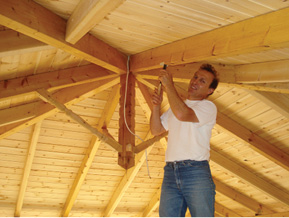
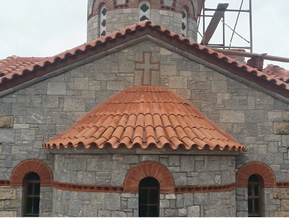
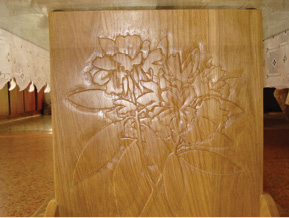
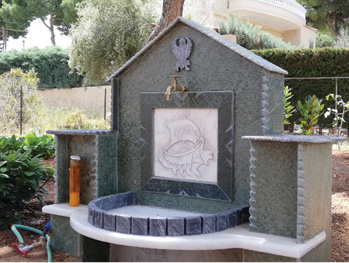
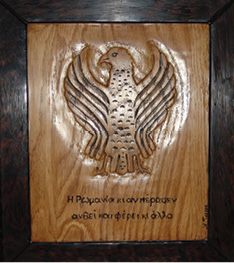
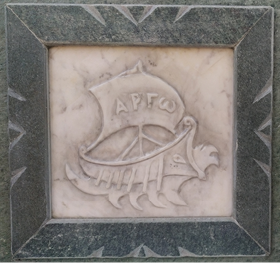
Culinary Experience
Together with his wife, he worked for approximately 11 years in the kitchen of the AEK FC Academy, developing a specialty in dietary cuisine.
Cultural and Linguistic Work
For over three decades, Vahit Tursun has been dedicated to the preservation, study, and promotion of the Romeika language and identity of modern-day Pontus. From 2001 to 2011, he produced and hosted the weekly radio show «Pontic Hellenism» on ERT-5 of the Hellenic Broadcasting Corporation (ERT), in Romeika (Of dialect), aimed at the Greek diaspora.
Published Works
• Romeika – Turkish Dictionary (Romeika–Turkish Lexicon): A ~600-page dictionary with ~14,500 entries. Heyamola Publishing, Istanbul (1st ed. 2018, 2nd ed. 2019). Foreword: Peter Mackridge (Professor Emeritus, University of Oxford). ISBN: 978-605-7592-13-2
• Romeika (Pontic Greek): Literature – Grammar Information and Dialectal Comparisons: Töz Publishing, Ankara, 2023. Foreword: Thede Kahl (University of Jena). ISBN: 978-605-7186-461
• The Opposite Shore of Pain (Acının Karşı Kıyısı): Greek→Turkish translation of Theodora Ioannidou. Öteki Publishing, Oct 2024. ISBN: 978-975-5845-715
• Paramitha Sa Romeika: Children’s book in the Romeika dialect of Tonya. Editor: Vahit Tursun. Zizi Çocuk Publishing, Feb 2024. ISBN: 978-625-9882-109

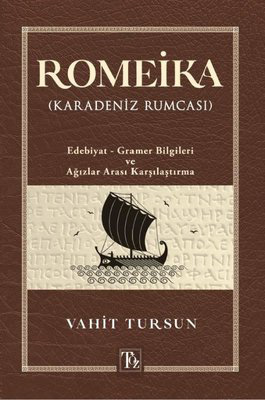
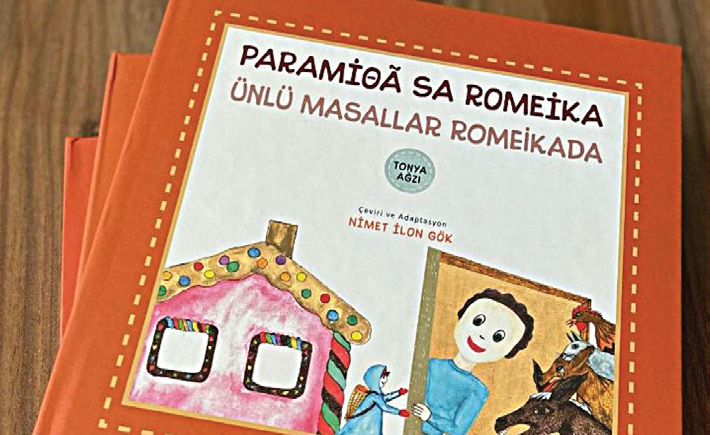
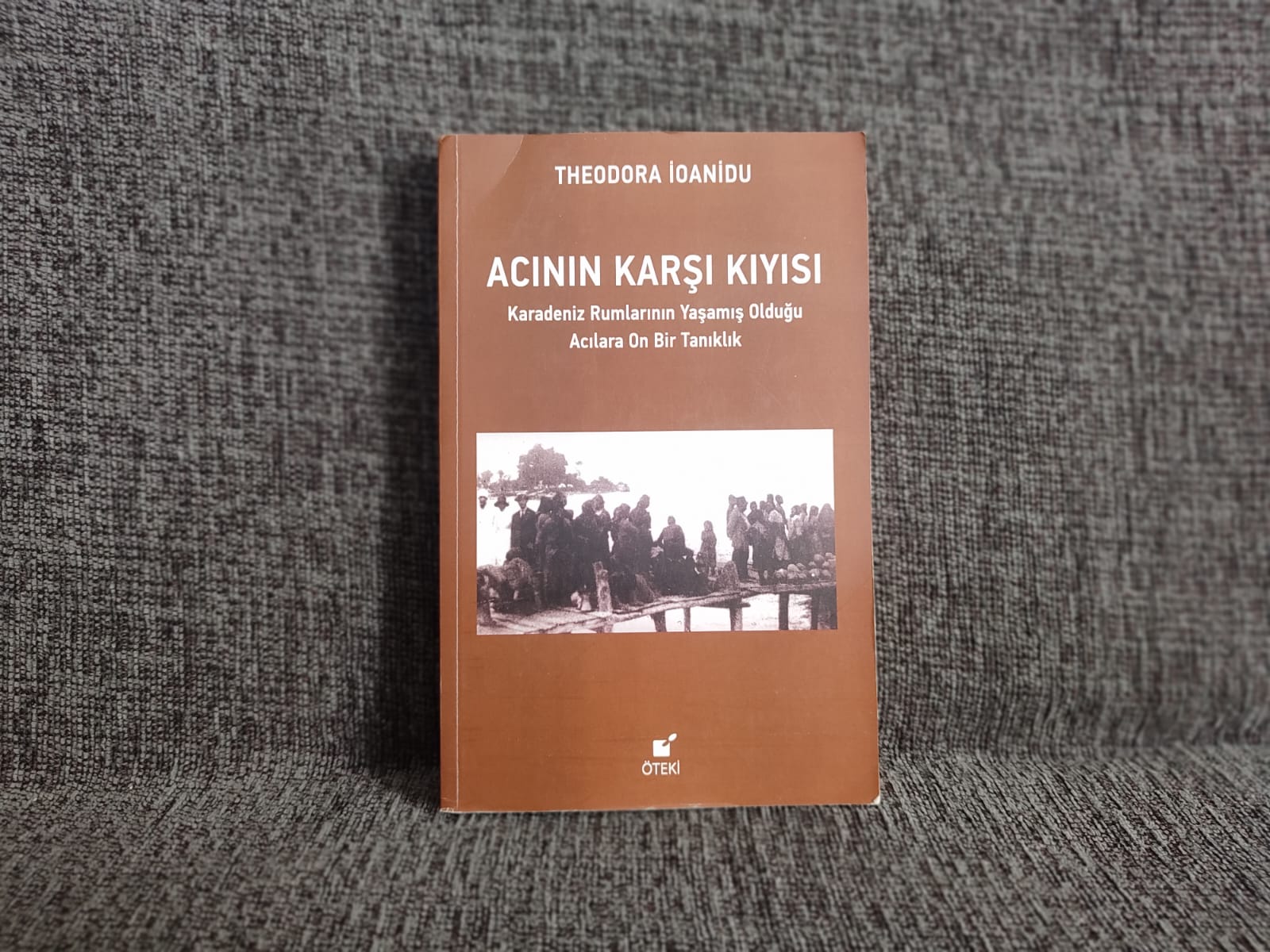
Forthcoming Works
• Romeika Zoological Dictionary (300+ zoological names, in Pontic Greek)
• The Nature of Modern Pontus – Botanical Dictionary (500+ plant names, in Pontic Greek)
Book Contributions (Chapters and Articles)
• Temel Kimdir – Heyamola Publishing (17 pages)
• Karardı Karadeniz – İletişim Publishing (28 pages)
• Kardeş Diller Sözlüğü – Lazika Publishing (500 Romeika words contributed)
• Karadeniz’in Kaybolan Kimliği – İletişim Publishing (8 pages)
• Yeşilden Maviye – Nika Publishing (11 pages)
• Pontos Gerçeği – Belge Publishing (significant article on the Romeika language)
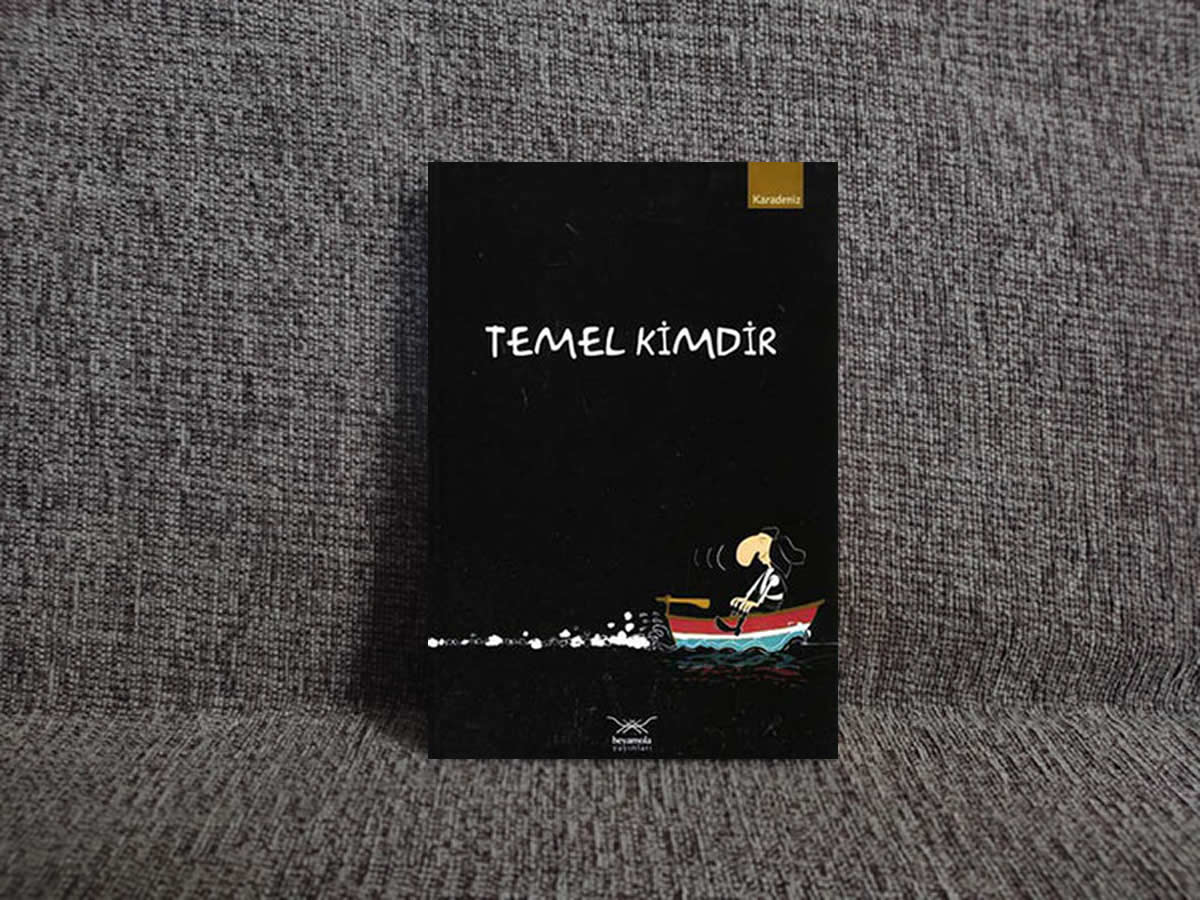
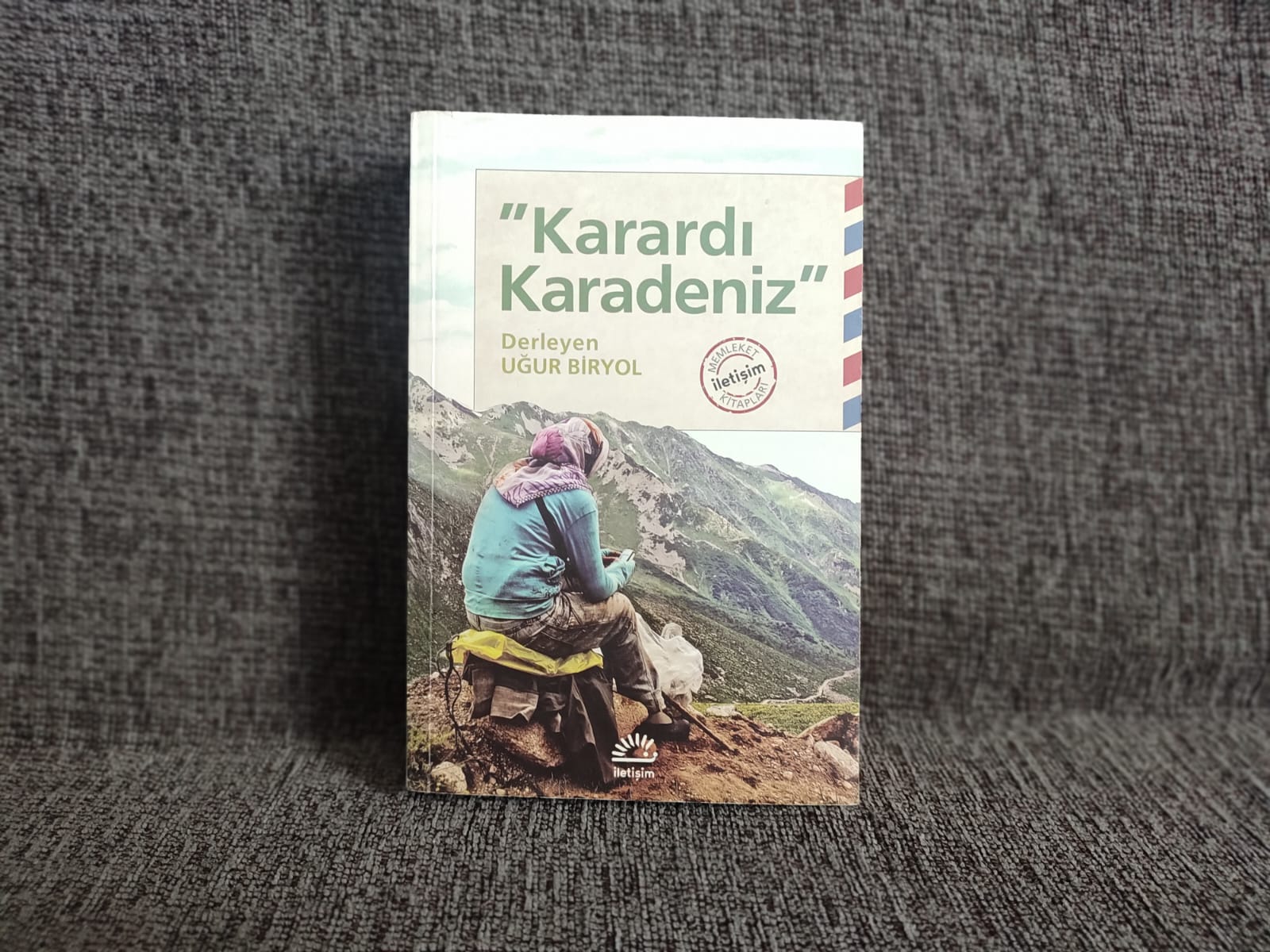
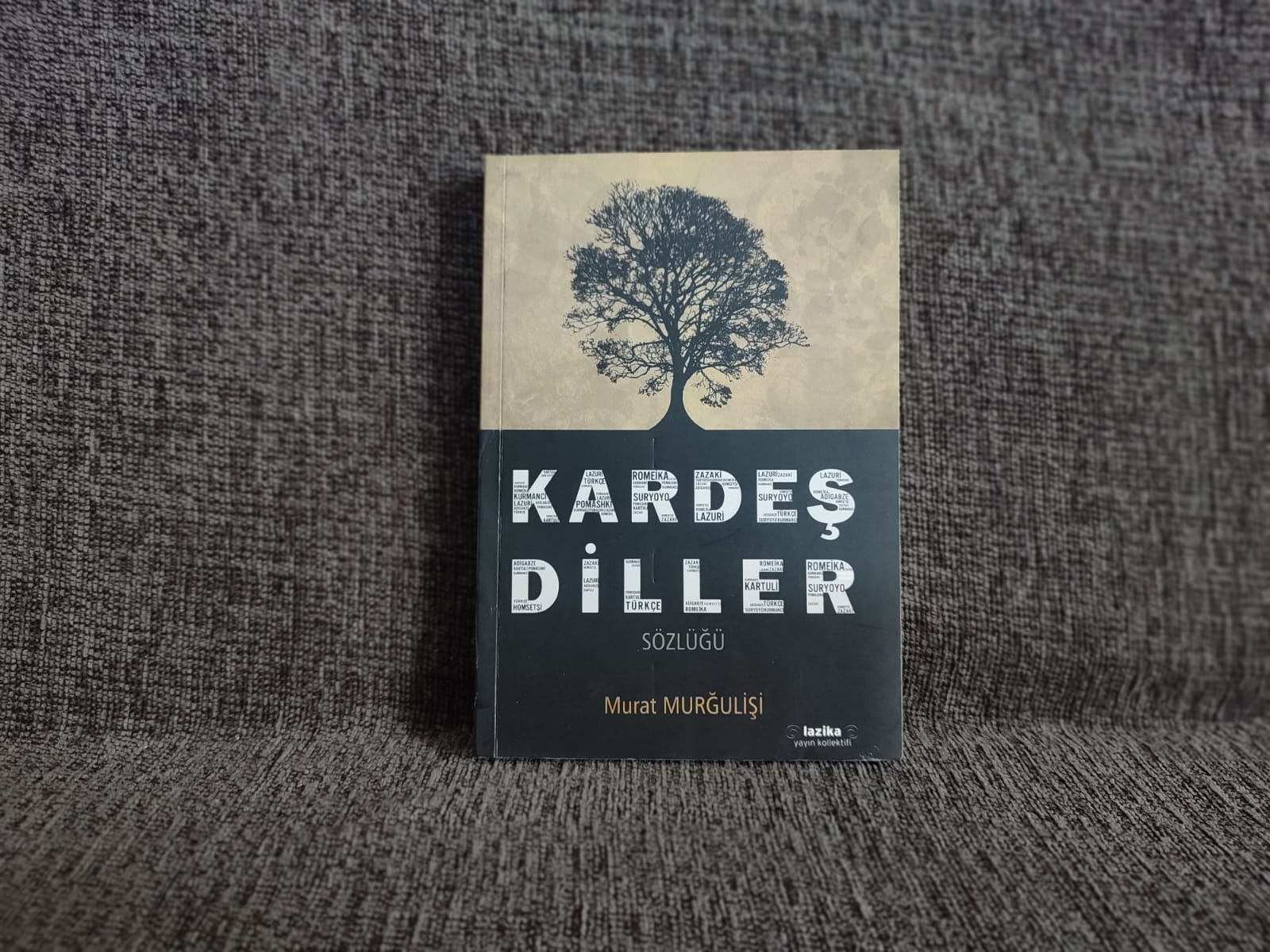
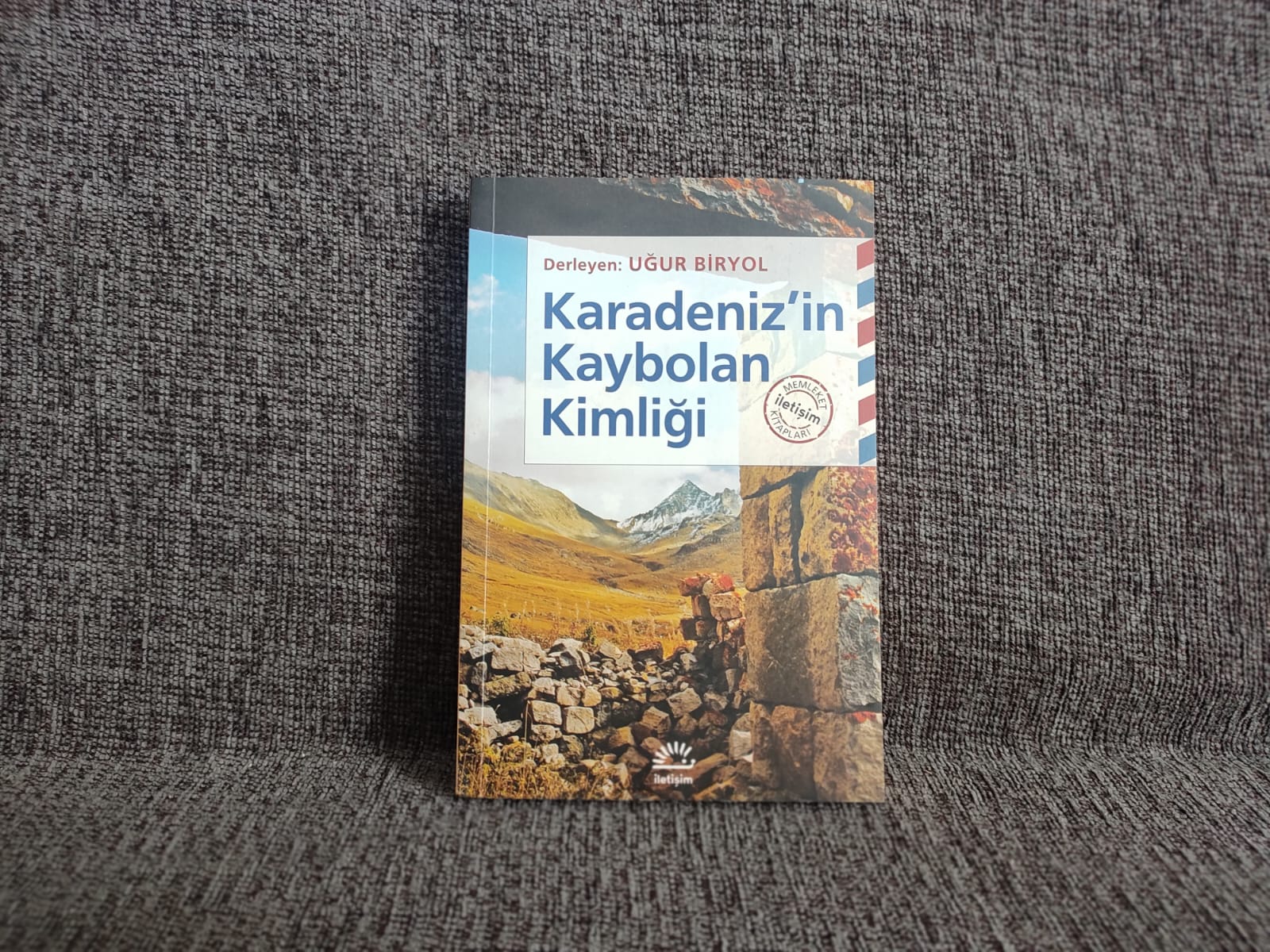
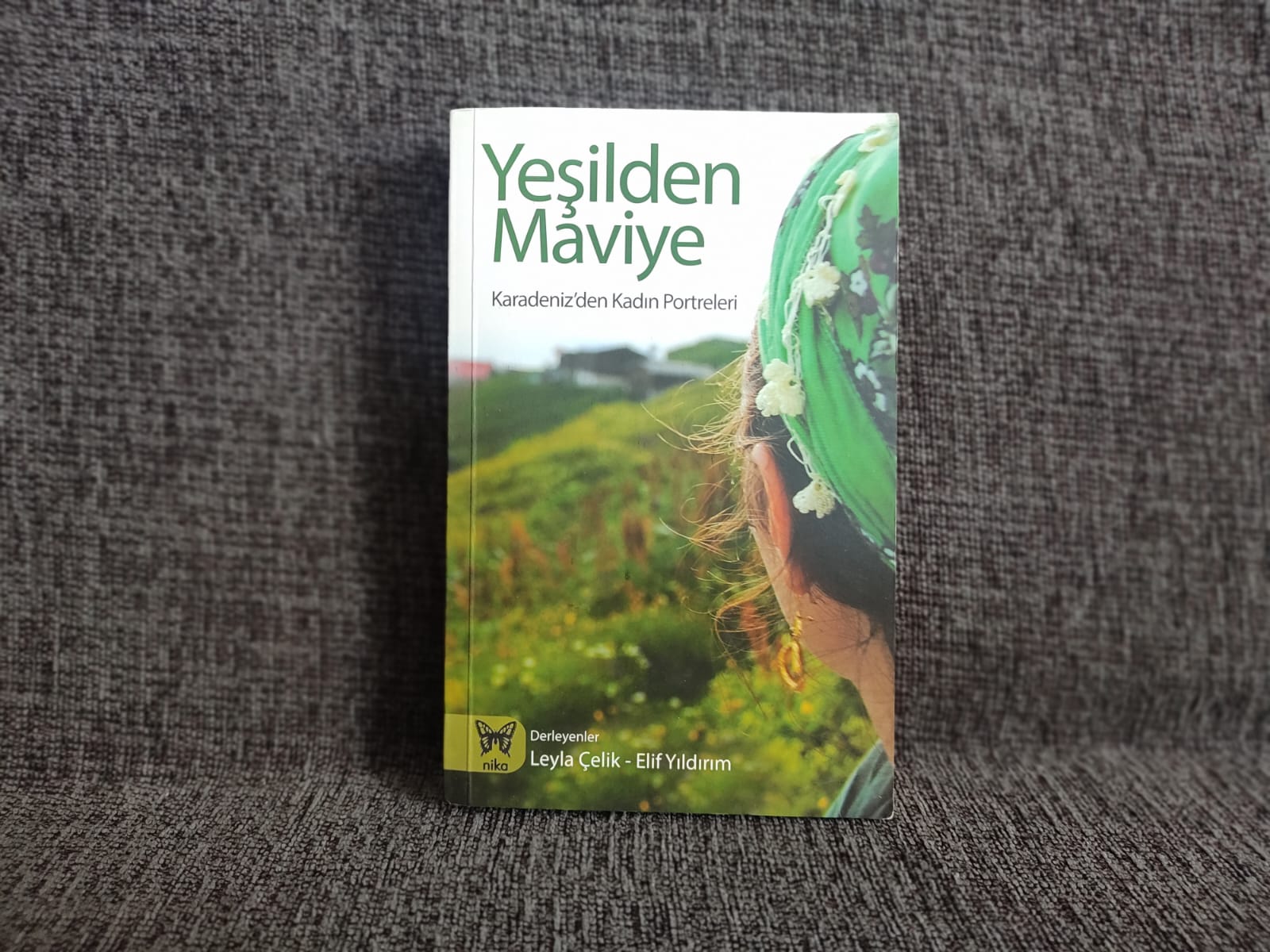
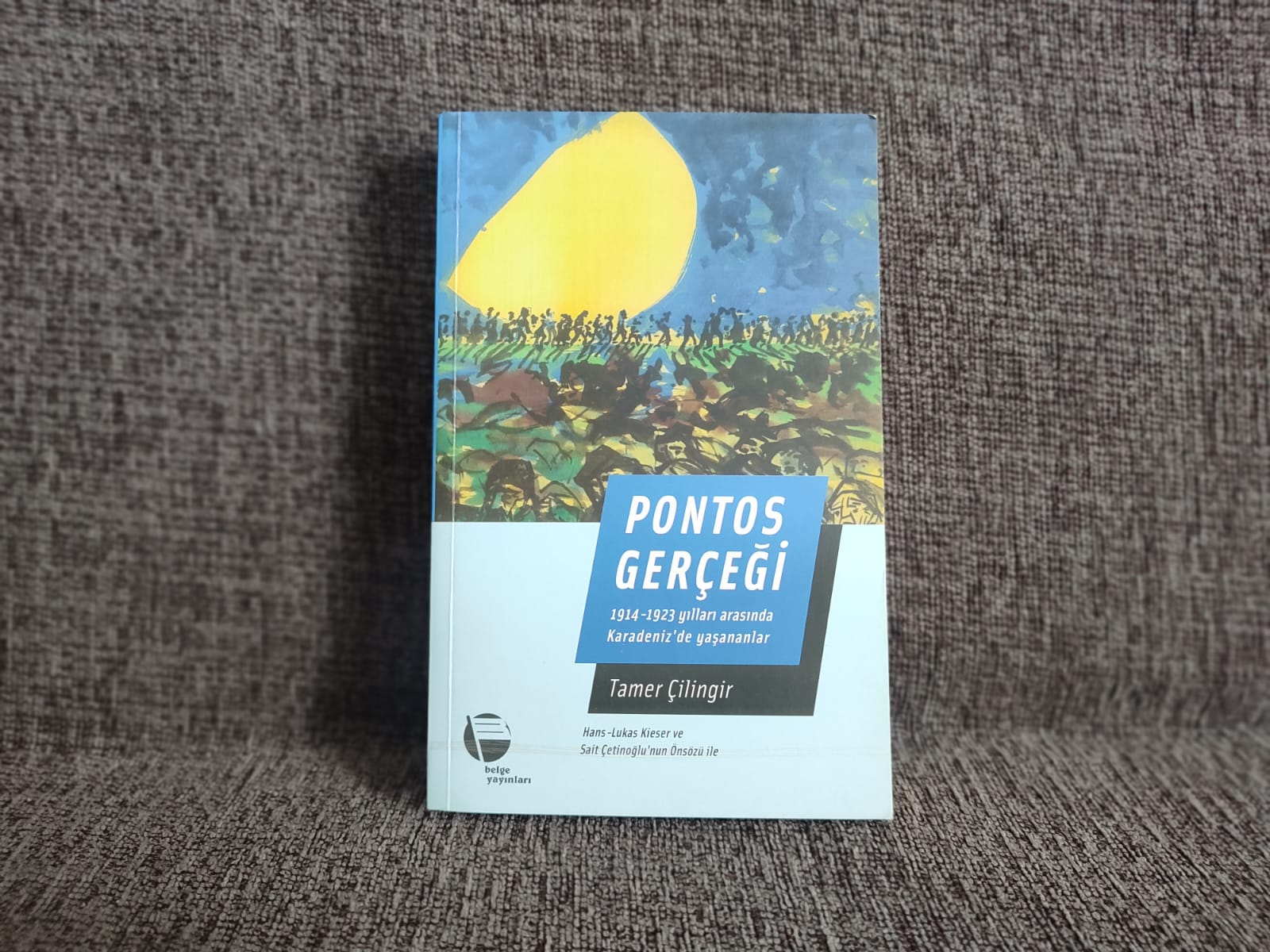
Press, Articles and Internews
In Turkey: Published in Radikal, Hürriyet, Birikim, Sabah, Daily Sabah, Yeni Şafak, Anadolu Agency, and others. Notable articles include: Romeika of Anatolia is Dying, Who is Temel, The Cost of Language, Nameless Grandmother, Pontus Paranoia, etc.
In Greece: Published in Kathimerini, Eleftherotypia, Ethnos, Ardin, Efksinos Pontos, Pontiaki Gnomi, and others. Notable articles include: Greek-Speaking Pontians in Turkey, In Pontus, Romeika is No Longer Spoken, Farewell to the Turkey You Are Losing, In the Black Sea, a Pontic Greek Village Slowly Dies, etc.
Music and Documentaries
Music Albums (Lyrics and Voice Contributions):
– Anemos (2012) by Adem Ekiz — song: «Ouk epóresa horió m’»
– Romeika (2015) by Apolas Lermi — songs: «Mana», «To horion m’ nounizo» (narration), «As páme sin Kiórele», and more.
Documentaries:
– Oi Fakeloi (“The Files”) — investigative series by A. Papachelas for MEGA TV on Islamized Pontians in Turkey
– Romeyika’nın Türküsü (“The Song of the Romeika Language”) — screened in 2009 at festivals in Ankara and Istanbul, ranked among top documentaries of the year.
Awards
On February 6, 2024, he received the “Evprepeia 23” Award from the International Press Union of Greece for his Romeika–Turkish Dictionary.

Ongoing and Planned Projects
• Romeika Microtoponyms – An Etymological Study: Recording and analyzing local place names used by Pontic-speaking populations in modern Pontus, with comparative study to Ancient/Medieval Greek.
• The Cost of Being Different – An Autobiographical Chronicle: Personal experiences as a bearer of a marginalized identity — language, origin, persecution, threat, spiritual survival.
• Greek Edition of the Romeika–Turkish Dictionary: Revised adaptation including reprocessed meanings, phonological reviews, and dialectal distinctions, aimed at scholars of the Pontic diaspora.
• Teaching Romeika to Artificial Intelligence: Digitizing the Romeika language for AI models (phonetics, morphology, core grammar) to ensure linguistic sustainability with digital tools.





